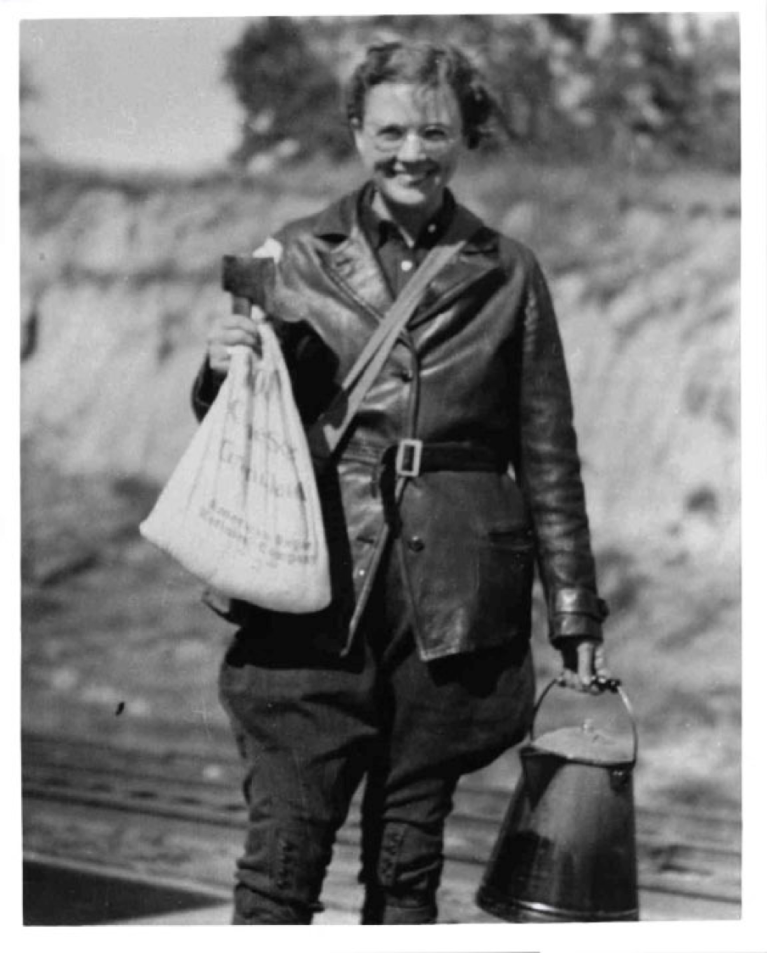What can I do?
We’d love to have your help uncovering, preserving, and sharing ESA’s history.
Save and properly archive historical information about ESA
- Begin planning on how you will archive your own historically significant documents and photos, whether paper or digital and encourage others to do the same, especially those who are retiring.
- If you have questions about what should be saved or how to proceed, download our guidelines, or contact us or an archivist at your own institution.
- Make sure that the papers of founders of programs in ecology at your institution have been properly archived. Are finding aids online? Please let us know if we don’t have them listed.
- Bring to our attention records that are already archived where you work, to be sure that we know about them.
- Ask to scan or photograph pertinent documents that could be difficult to find in the future; if possible, get permission to make them available.
- If your students have written term papers or theses with a historical emphasis, bring them to our attention. We may be able to help make them more widely known and accessible.
- Add your entry to The Academic Family Tree.
- Volunteer to write an obituary or Resolution of Respect for a deceased colleagues, to be published in the ESA Bulletin. Guidelines here.
Contribute to this website
We welcome your knowledge of ESA’s history and associated records in comments on this site or you can sign up to contribute entire posts!
If you’d like to write for us, please register here to become a contributor. Drop us a line and we’ll get you started working on projects that interest you right away.
Some of the things we need help with on the site or would love to hear about
- Writing the stories or adding details to our people pages
- Creating a microbiography. (Hint: We need animal ecologists and other subdisciplines!
- Developing timelines of section or chapter histories (we can help you get started)
- Sharing personal stories or anecdotes that reveal personalities and attitudes about ecology, science, and debates.
- Transferring and transcribing archived journal editor data.
